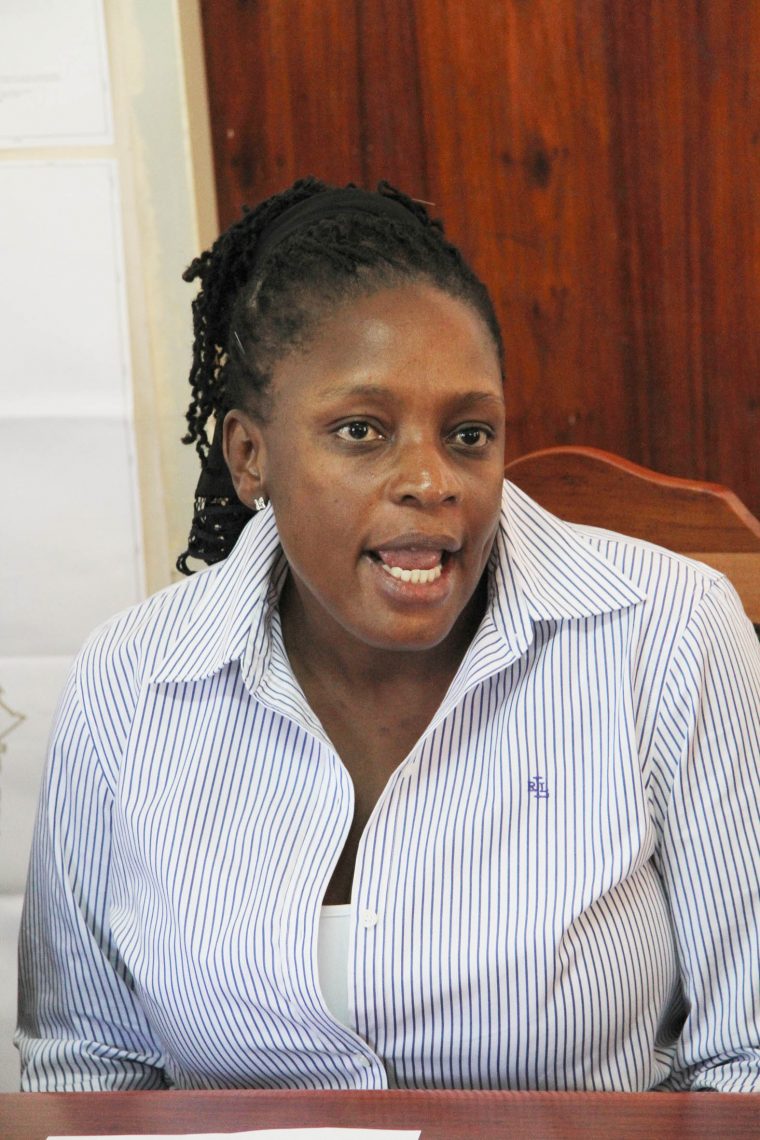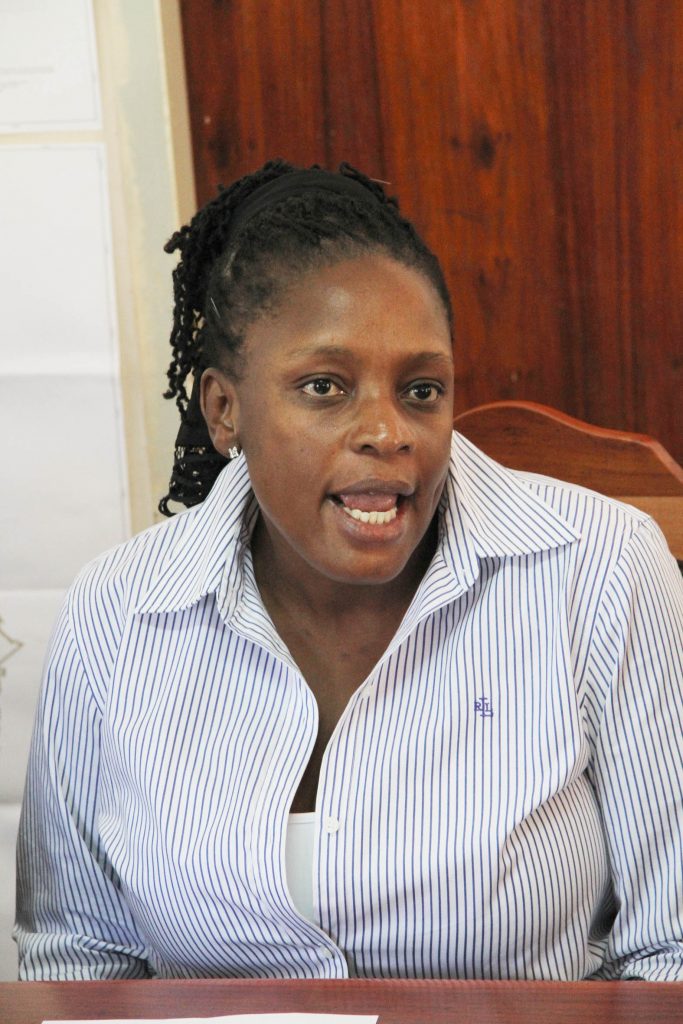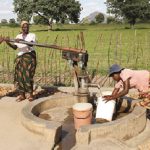 HON. MISIHAIRABWI-MUSHONGA: Thank you Madam Speaker. Let me join my colleagues in thanking Hon. Masango and Hon. Toffa for bringing this very important motion to the House. I particularly am quite excited because I think this shows a mindset shift in us as legislators but also as Zimbabwe. I think for a long time we have been fed with this mantra that anything that is African is by its very nature bad. This is why we have destroyed the things that have gotten us to get better and embed things that are coming from outside that have not necessarily been very good for us.
HON. MISIHAIRABWI-MUSHONGA: Thank you Madam Speaker. Let me join my colleagues in thanking Hon. Masango and Hon. Toffa for bringing this very important motion to the House. I particularly am quite excited because I think this shows a mindset shift in us as legislators but also as Zimbabwe. I think for a long time we have been fed with this mantra that anything that is African is by its very nature bad. This is why we have destroyed the things that have gotten us to get better and embed things that are coming from outside that have not necessarily been very good for us.
COVID-19 is a very good example. No one has said why when everybody had predicted that with COVID-19, we would be finding dead bodies in the streets in Africa. That is what the Western media had fed us with, that we were going to die like flies. We have realised that in fact, it is in the West that people have died more than the people in Africa. So there must be something that is African that we were able to do well. Our only problem is that we never research to find out. Somebody should have really worked on trying to find out what it is that protected us as Africa even with minimum health facilities.
Let us just look at what is happening in India right now. India is seen as the global hospital, it is the pharmaceutical centre but it has statistics of close to about 20 million COVID-19 infections as we speak right now. The United States has equally bad numbers but they have the infrastructure, medicines, doctors and nurses. So something must have happened that got us protected from COVID-19. Unfortunately, all we can do is to suspect – perhaps it was zumbani, maybe we were steaming ourselves or it was something else because no one bothered to do some research. I think that is the folly of Africa, that we will never be able to get the information that we need.
I just want to give you two examples Madam Speaker. When I was growing up, I used to have serious period pain such that I would not be able to go to school for three to four days; dysmenorrhea is what they call it. If you went to a doctor, the first thing that they would tell you even when you were aged 14, was that you needed to be given family planning tablets. That is what would manage. It is actually medical treatment that they give for people with dysmenorrhea. I just happened to have an uncle who was a herbalist and all I started doing was that I would get – I will say its name in Ndebele, because my uncle is Ndebele, I used to get ntolwane. So just before I went for my periods I would take ntolwane and I never suffered from dysmenorrhea, yet today every other child that is having period pains is rushing to the pharmacy to get panadol and painstop which in certain circumstances is addictive and that for me is just a sign of how we have not been able to use the things that we are supposed to have.
Continued next page
(95 VIEWS)


